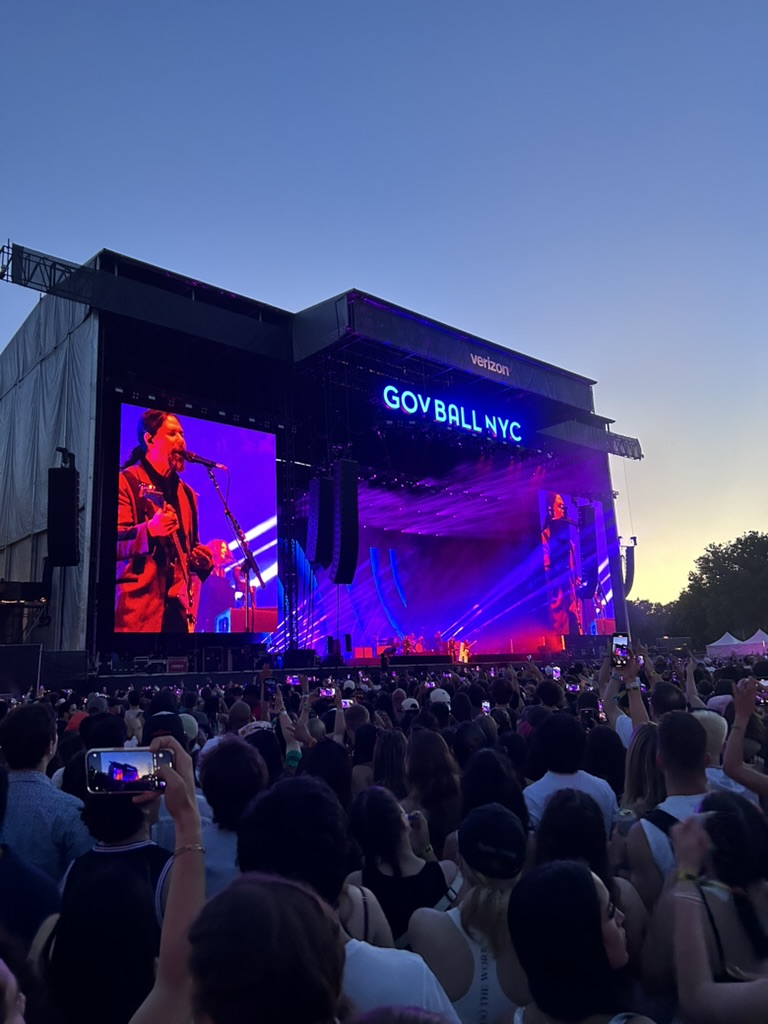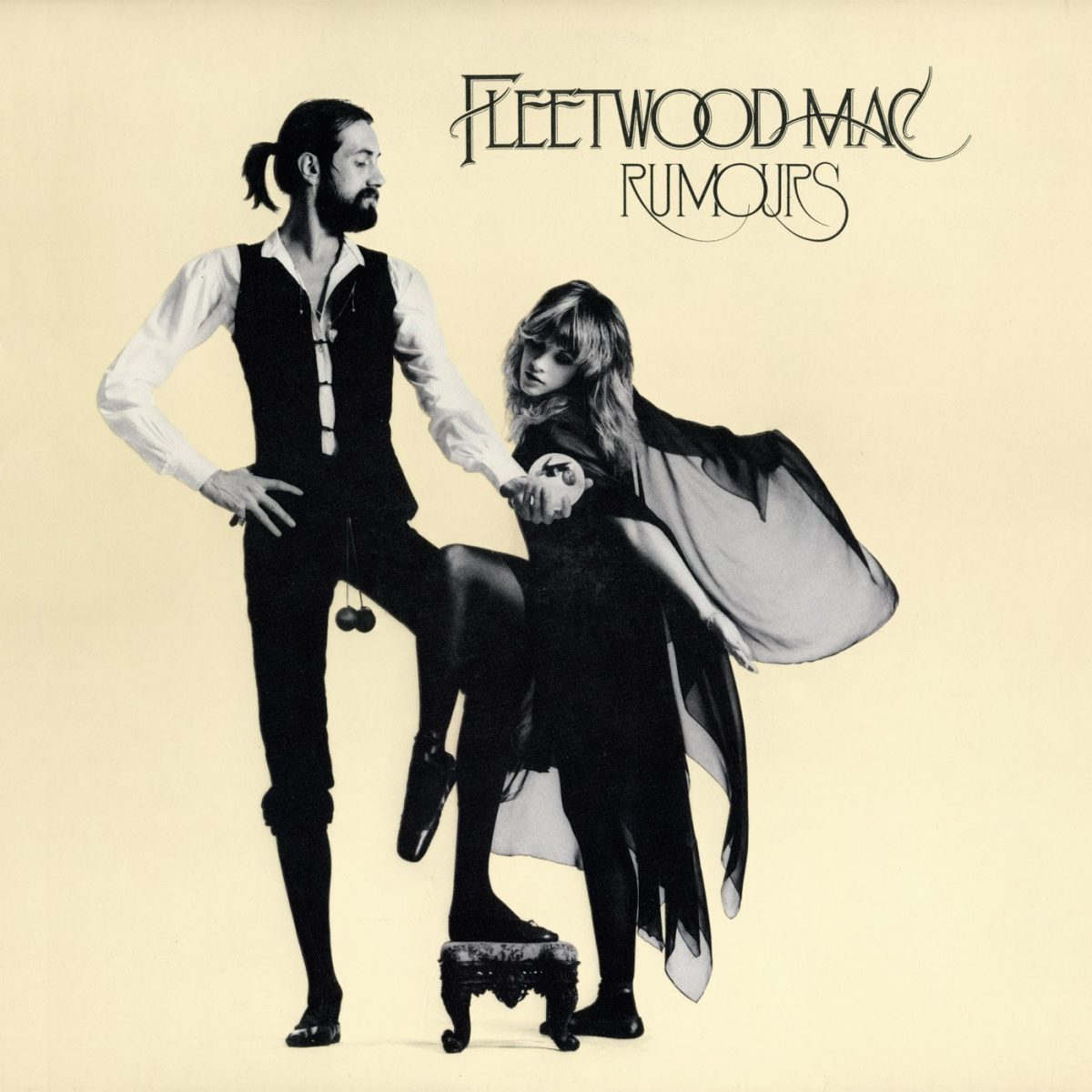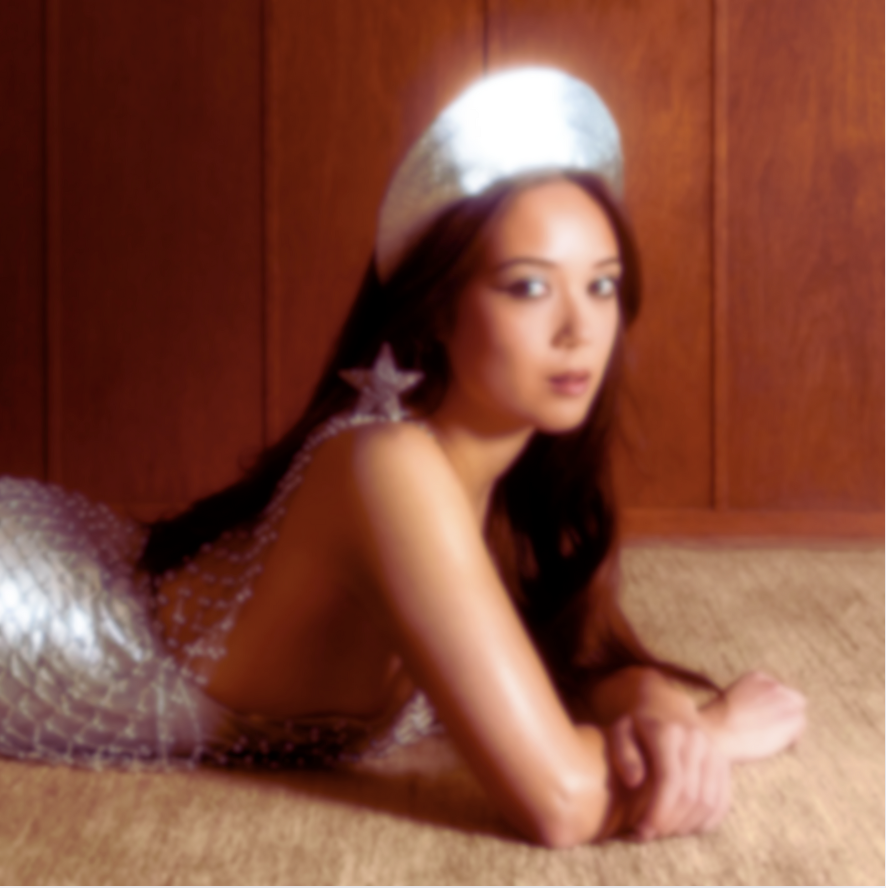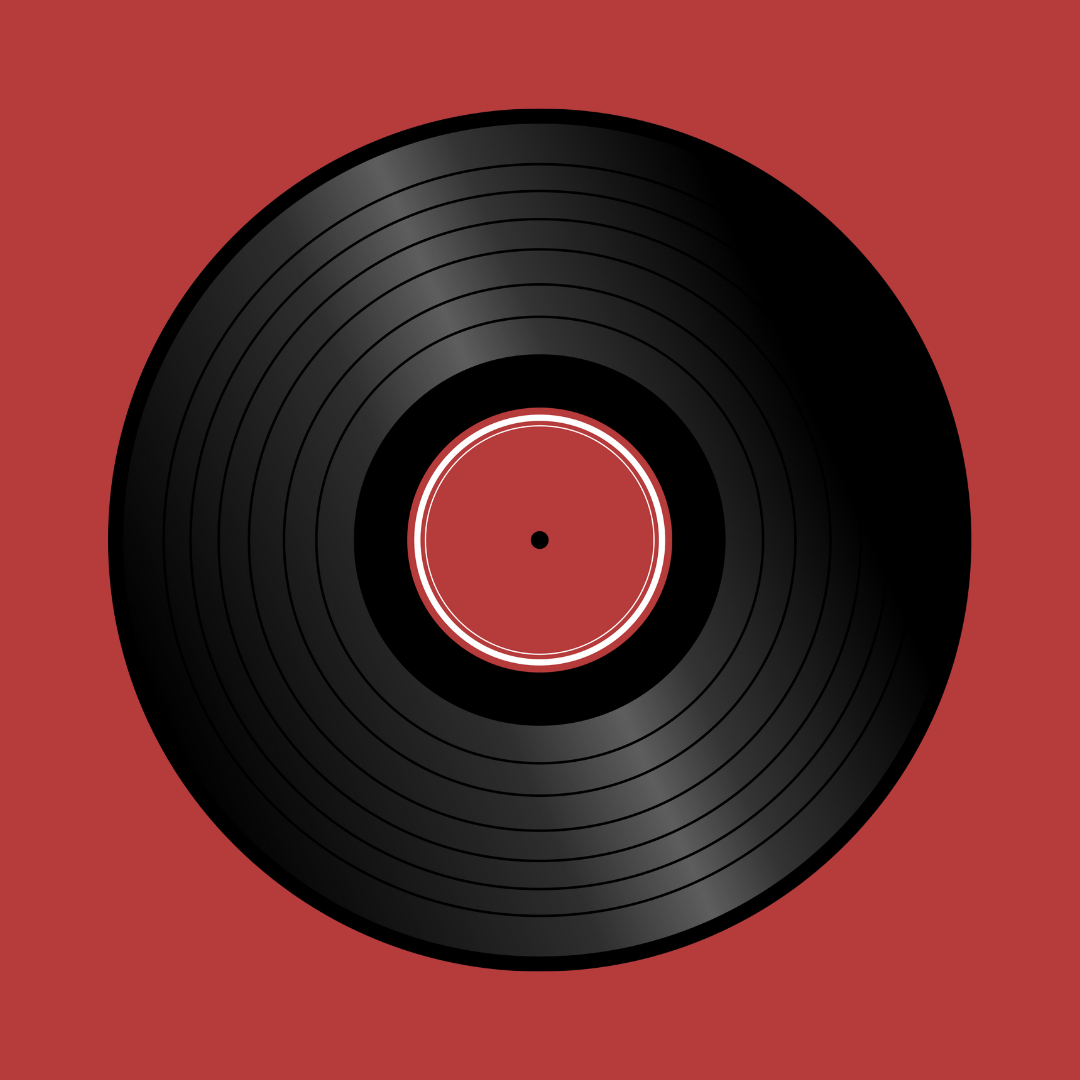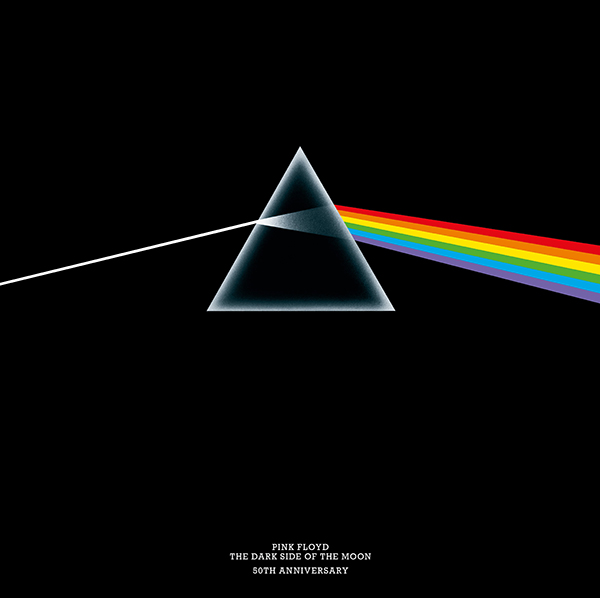Led Zeppelin’s album, “Houses of the Holy” is revered for classic tracks like “Over the Hills and Far Away,” “D’yer Mak’er” and “The Rain Song.” But hidden deep inside, is the song “No Quarter,” an atmospheric and magical tune capable of placing the listener in a mystical trance. With its dark, haunting mood and its innovative song structure, “No Quarter” stands as a testament to Led Zeppelin’s creative musical intuition, demonstrating a depth that demands a closer look.
The song opens with a hypnotic, warped keyboard from John Paul Jones, creating an eerie sensation, as though you are floating on a foreign planet. The sound feels dense as if trudging through mud and fog. The tune continues for a little while until it is interrupted by a drum fill and a beat that lacks purpose and seems to almost fall behind the tempo of the keyboard. This lack of purpose adds to the suspension of the song creating an intriguing listening experience. Shortly after the drums kick in, we hear an earthy guitar inch its way into the song, it does not draw too much attention and feels like it enters softly which contradicts the grungy sound of the guitar.

Shortly after, Robert Plant’s vocals kick in, they are shadowed and echoing, contributing to the already strange composition. His lyrics are cryptic, seemingly lacking meaning, as though he is lost, looking for a way out. Lyrics like, “The winds of Thor are blowing cold” simulate an experience of a dark journey through an unknown land. His haunting delivery makes the listener feel as if they too are moving through an alien land, bracing the chilling winds described in the lyrics. It’s a vocal performance that, while subdued and quiet, is intense and almost sounds painful.

Throughout “No Quarter,” the composition of the sounds creates a doughy texture. The sounds of the eerie keyboard weave in and out of Page’s guitar riffs and Bonham’s steady drumming. This synergy builds tension, leaving listeners both entranced and unsettled. As the song progresses, the energy amps up and becomes more powerful, finally feeling like there is weight behind the song. While the song may not have the same immediate catchiness as the other albums’ songs, its complexity, eerieness and emotional depth make it a must-listen on your next play-through of “Houses of the Holy”

